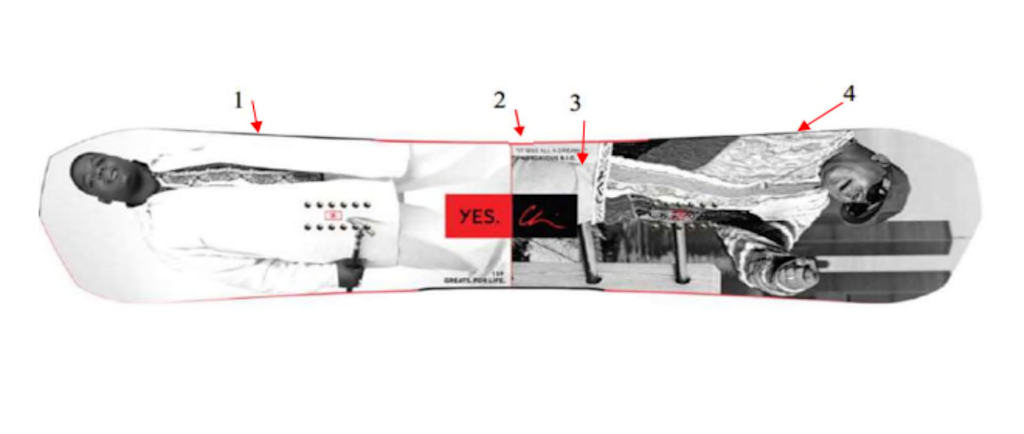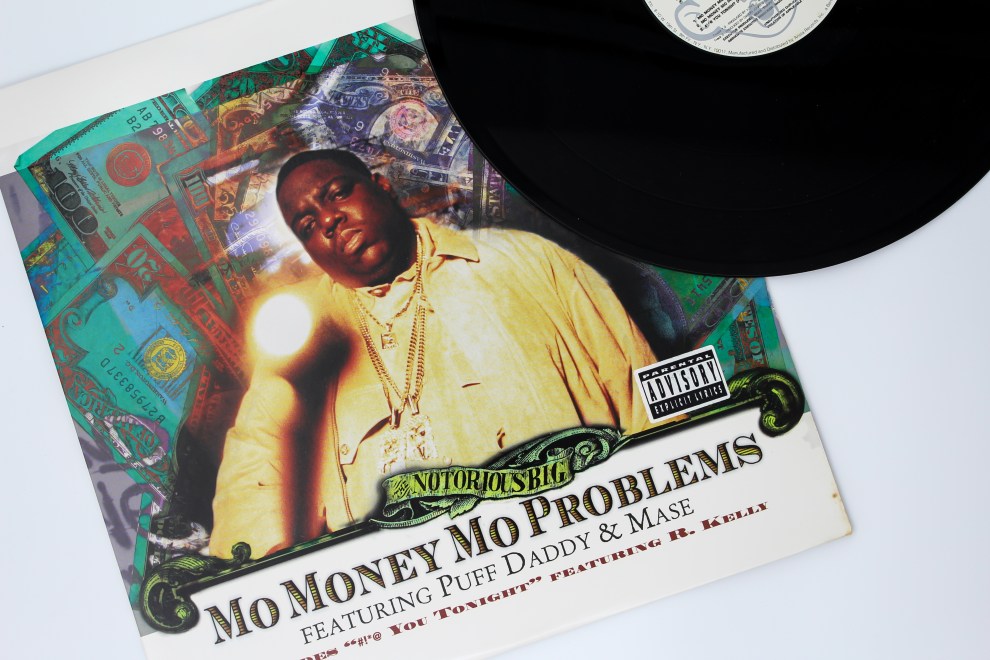A years-long trademark lawsuit has been resolved in favor of the Estate of the Notorious B.I.G., having initially sued late hip-hop photographer Christopher “Chi” Modu in 2019 over the unauthorized use of photographs he took of Christopher Wallace (better known as the Notorious B.I.G.) in 1996.
The estate initially sued Modu and others over the use of various photos of Christopher Wallace on snowboards, skateboards, shower curtains, and NFTs without the estate’s permission, claiming it was not needed since he took the photographs.
 In 2022, a judge ruled that such merch likely violated the rapper’s likeness rights.
In 2022, a judge ruled that such merch likely violated the rapper’s likeness rights.
Terms of the settlement, first disclosed in a court filing on Thursday, were not made public. But the estate’s attorney, Staci Jennifer Trager of the law firm Nixon Peabody, said she and her client were “satisfied to bring this high-profile matter to an end.”
“Pictures of Christopher cannot be commercially exploited without a license from our client,” Trager said. “The settlement agreement is a testament to the dedication of our client as well as our team members in staying the course over several years.”
A long time photographer for The Source, Chi Modu documented moments with some of hip-hop’s most prominent figures, including Tupac Shakur, Mary J. Blige, Mobb Deep, and LL Cool J. During a 1996 cover shoot for the magazine, he captured several photographs of Biggie positioned in front of the Twin Towers.
On May 19, 2021, Modu passed away from cancer according to court documents. Modu was survived by his wife, Defendant Sophia Modu, who took over as his successor in this litigation. The documents state his wife continued to use Biggie’s name, image, and likeness without permission.
In recent years, rappers have questioned whether photographers should own their photos of celebrities. In 2022, Snoop Dogg said that photographers shouldn’t own their photos of celebrities after a photographer sued another rapper, Nas, for posting a copyrighted image on Instagram.
Meanwhile, last year, Jay-Z settle a lawsuit with a photographer over images that he was selling of the rapper — claiming that he made an “arrogant assumption that because he took those photographs, he can do with them as he pleases.”

